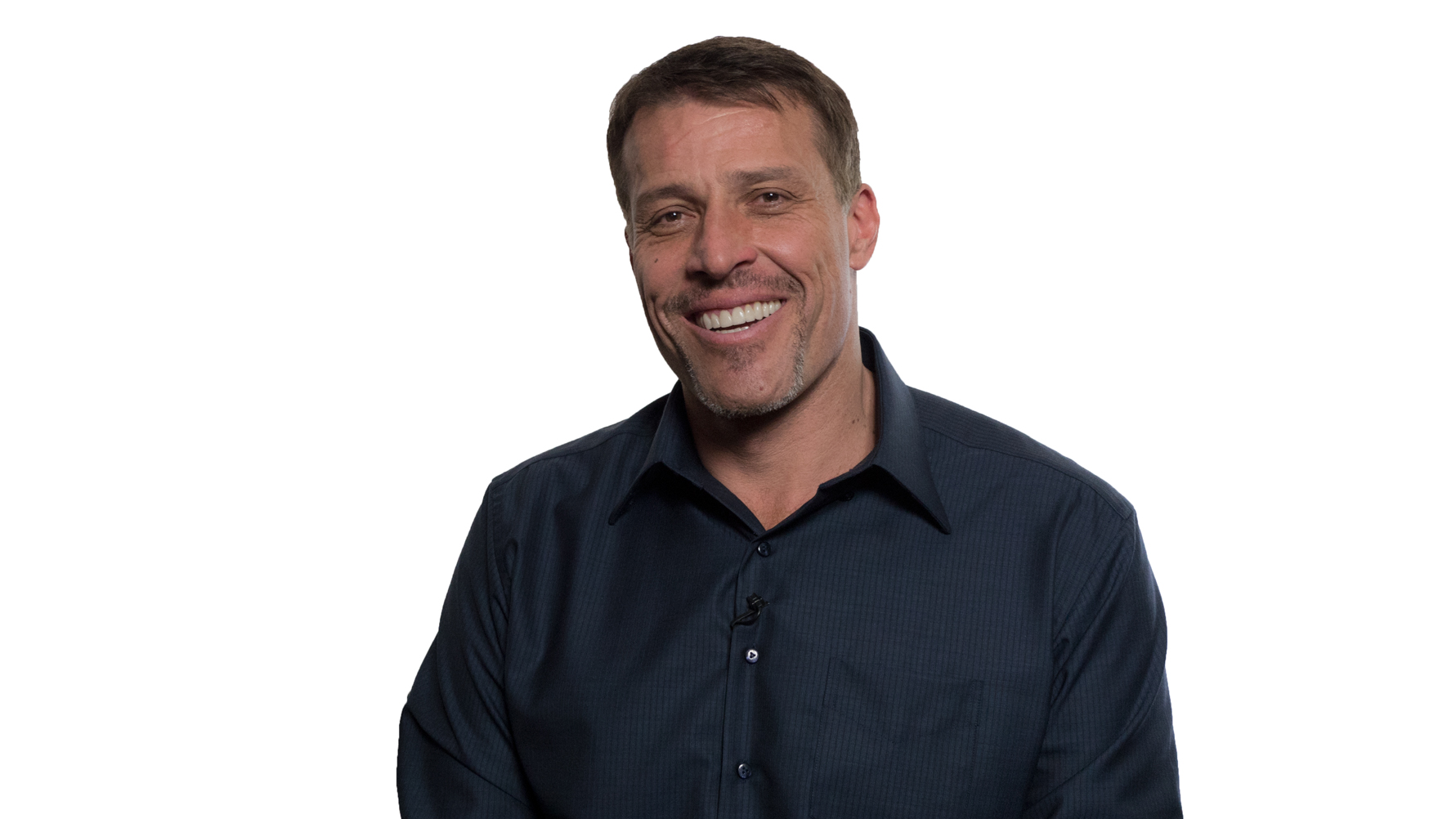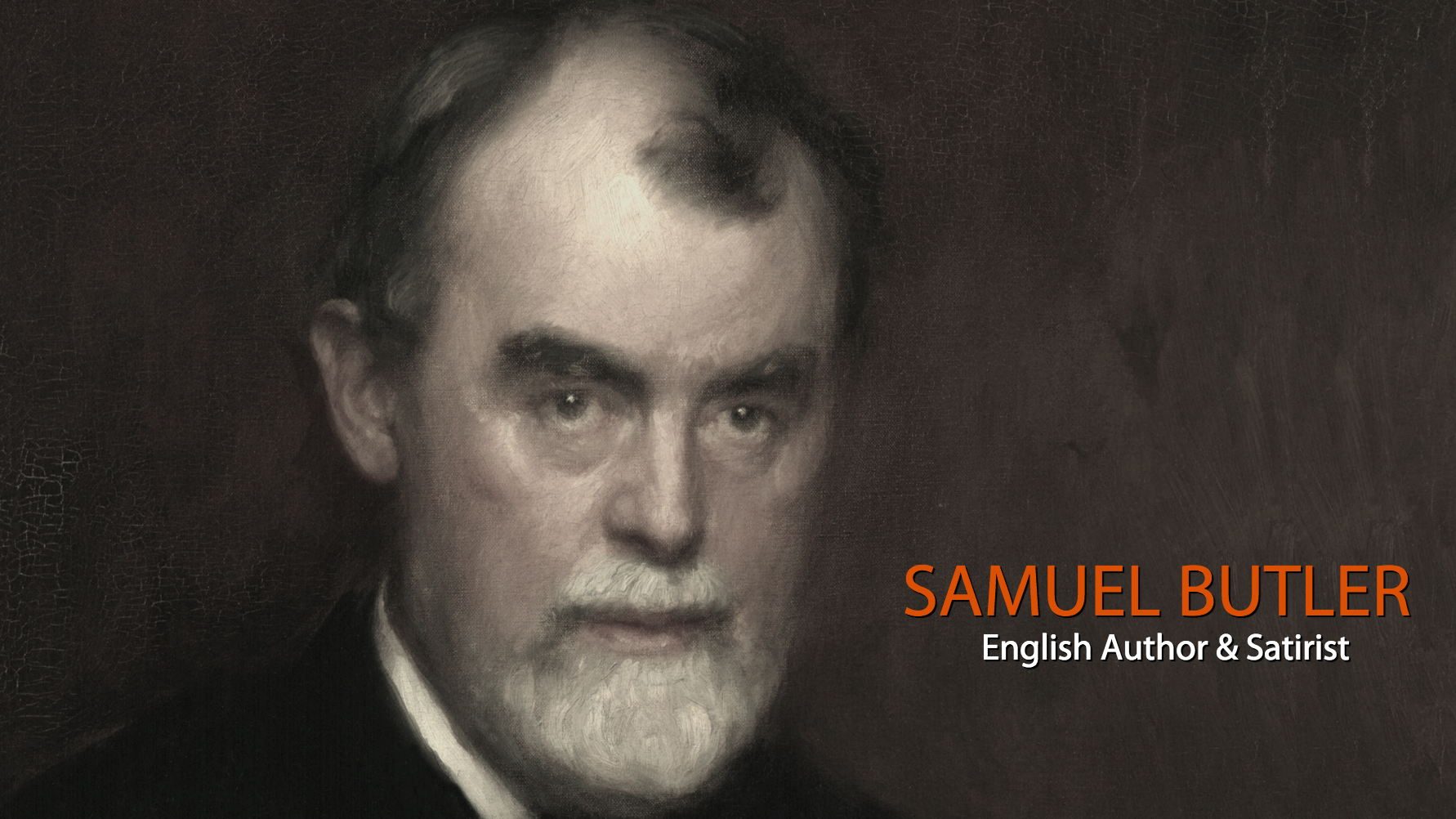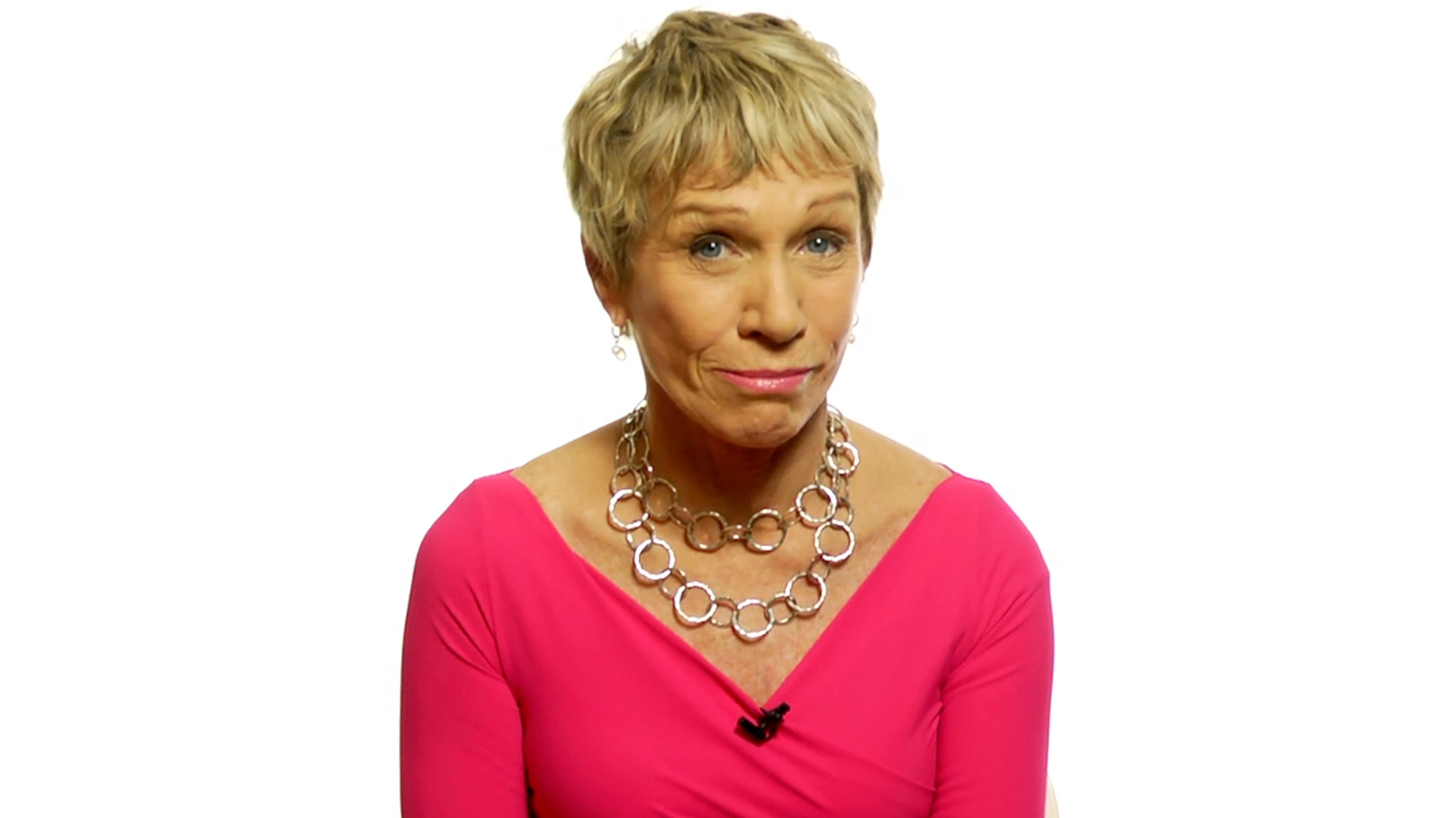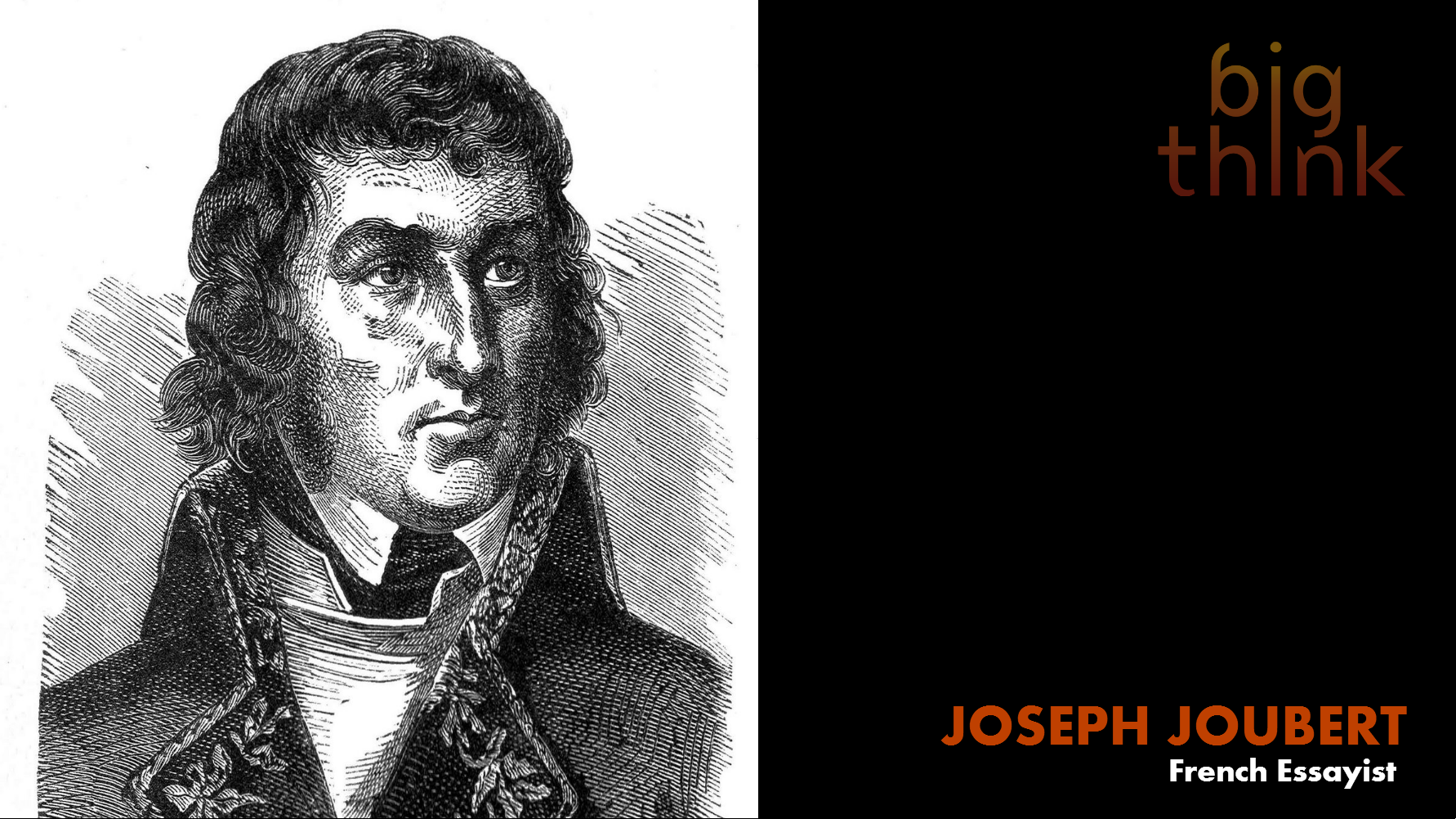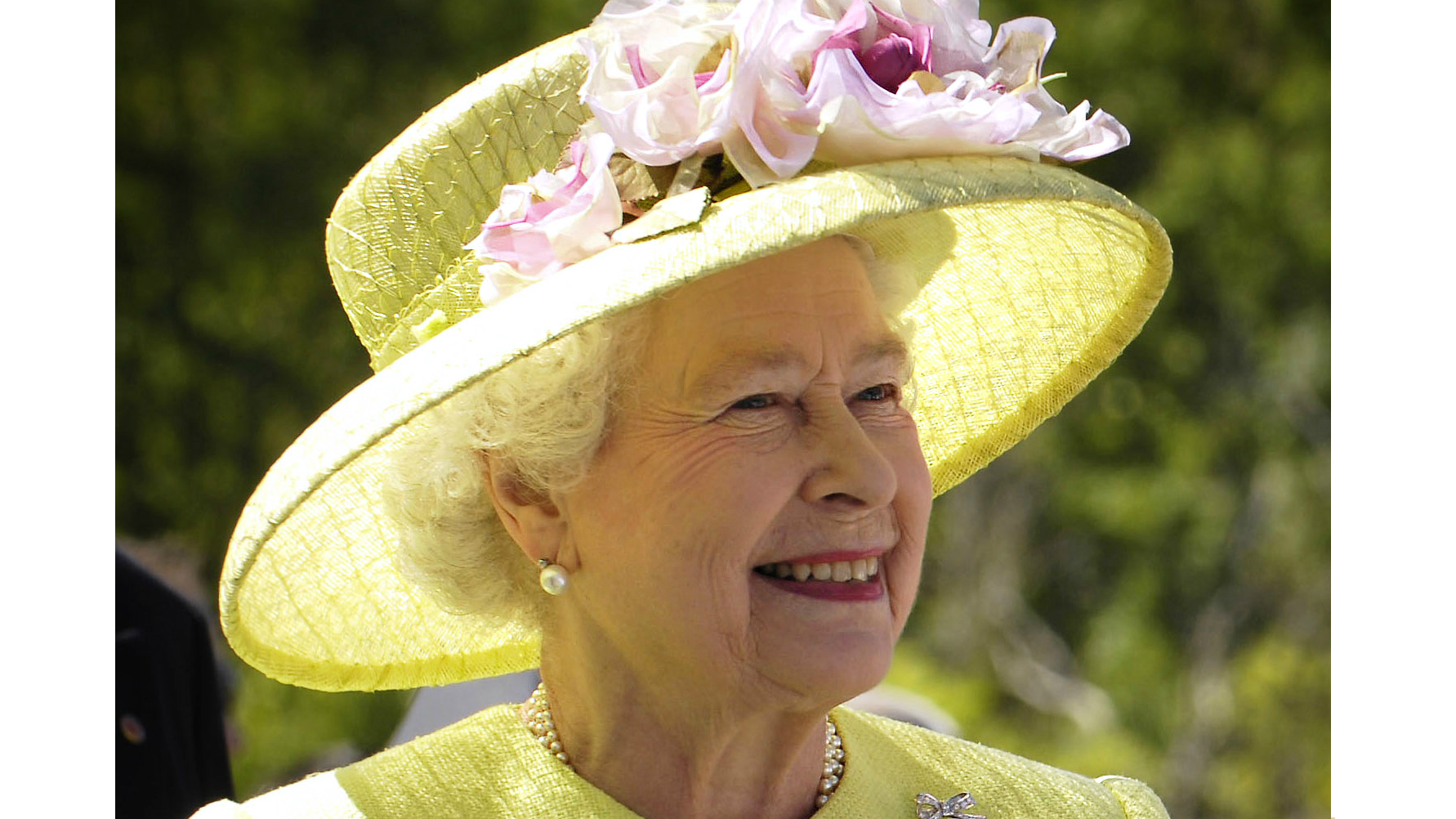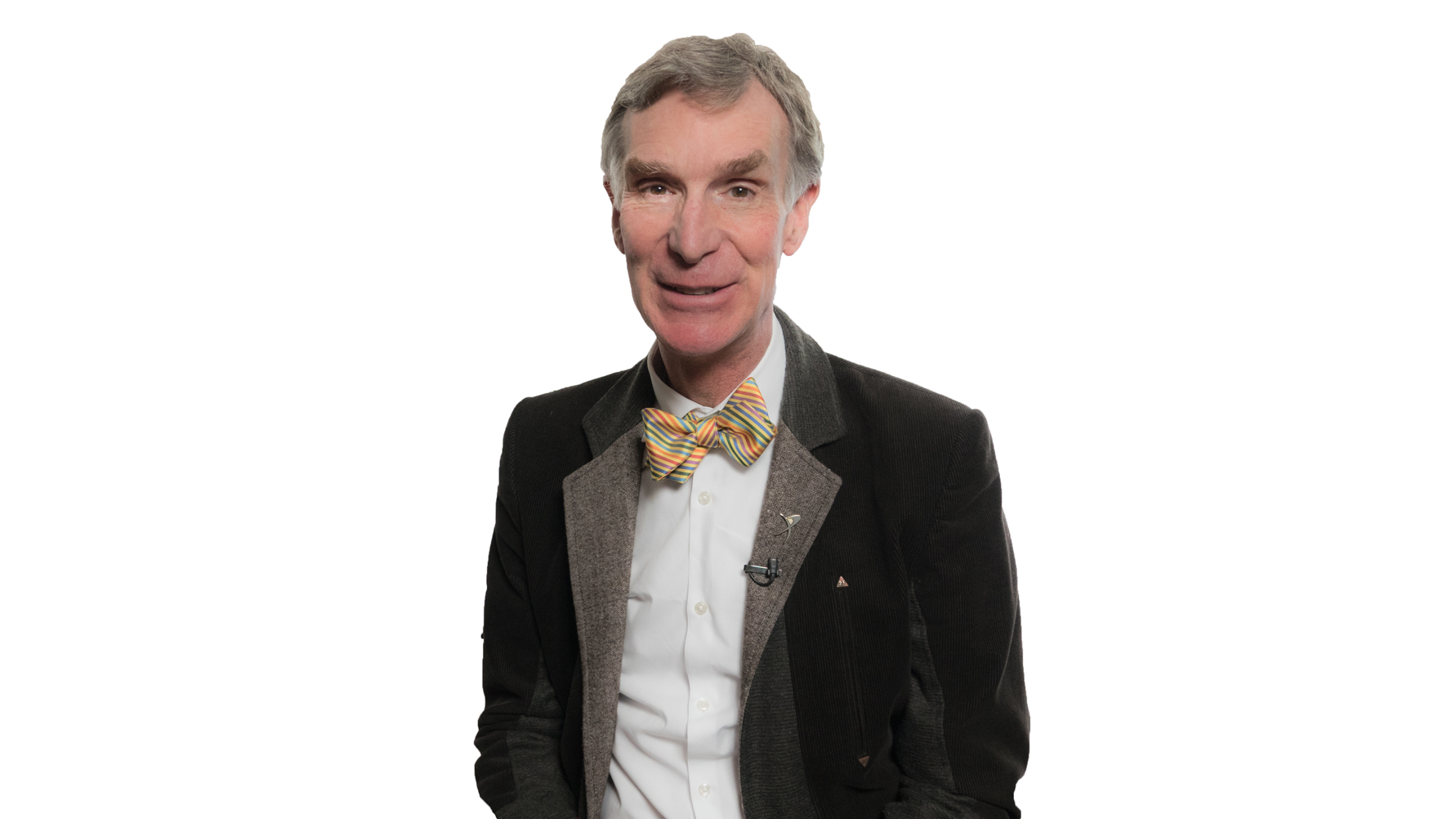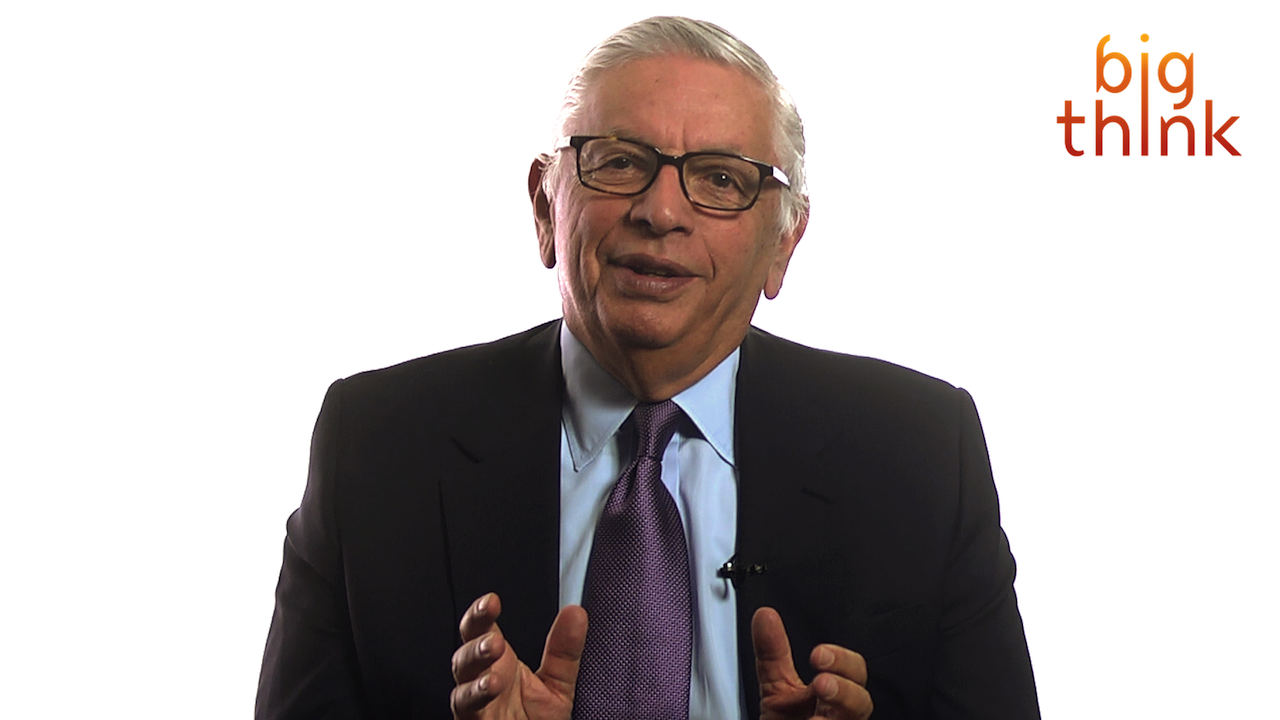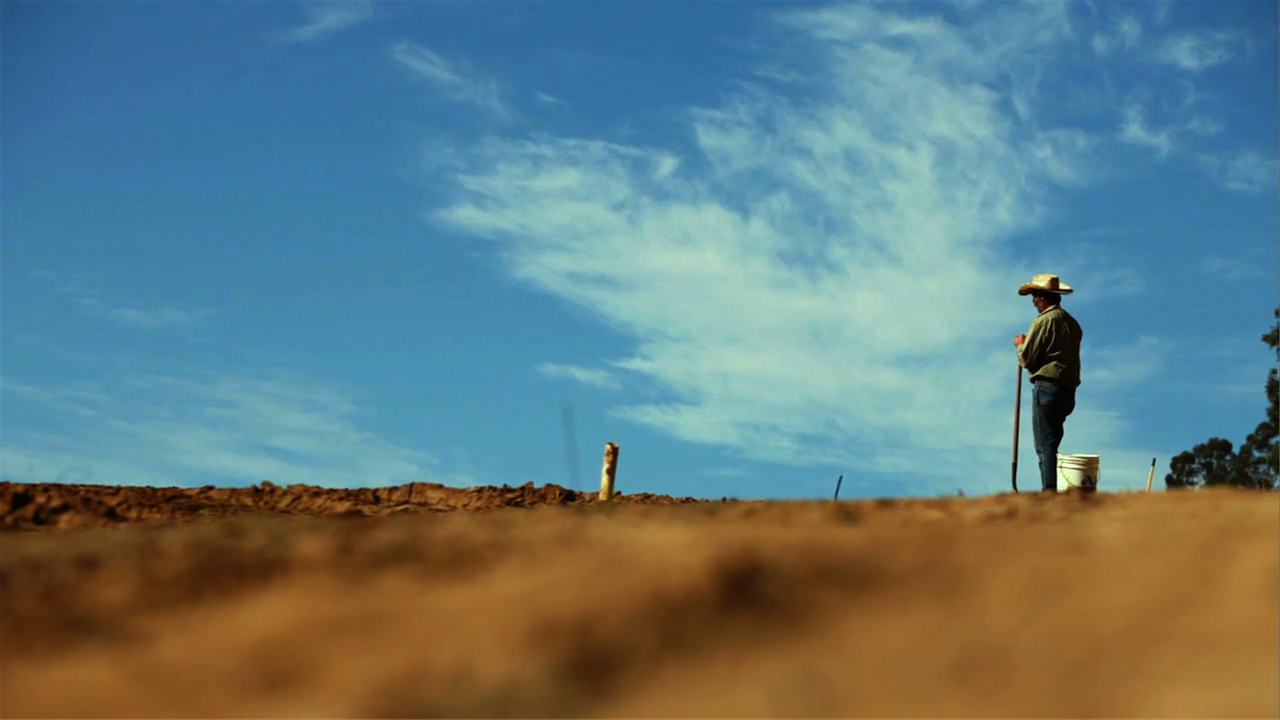bigthinkeditor
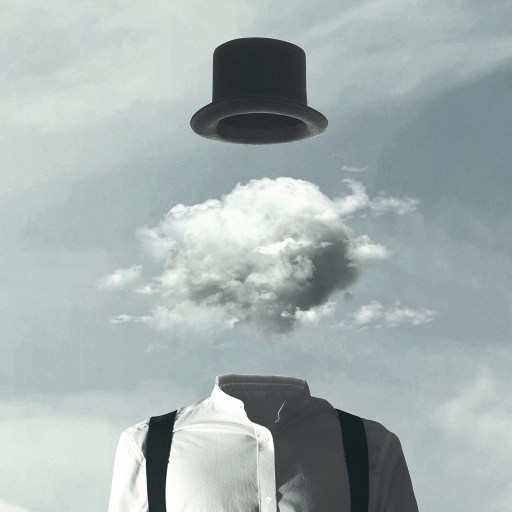
The acclaimed self-help expert recently visited Big Think to discuss his new book and share stories about what wealth and generosity mean to him.
“Life is like playing a violin solo in public and learning the instrument as one goes on.”
Businesswoman and investor Barbara Corcoran shares her tips on amassing social capital by way of branding. This is the first video in a helpful Corcoran playlist focused on guiding small business owners and emerging entrepreneurs.
Joseph Joubert was a French essayist whose collected works were not published until after his death in 1824.
“Discrimination still exists. Some people feel that their own beliefs are being threatened. Some are unhappy about unfamiliar cultures. They all need to be reassured that there is so much to be gained by reaching out to others; that diversity is indeed a strength and not a threat.”
Bill Nye the Science Guy addresses the national risks associated with producing a generation fraught with evolution deniers. He also addresses critics who claim evolution doesn’t exist and attempts to examine why they can’t bring themselves to accept the facts.
Former NBA Commissioner David Stern discusses how diversity forms the foundation of the league’s recent growth and success. At one point, Stern was told the NBA was “too black to thrive.” Now, it’s as popular as ever.
Journalist Eric Schlosser, an executive producer on the film Food Chains, discusses the exploitation of poor workers in the American food system.
“Every system that we build will surprise us with new kinds of flaws until those machines become clever enough to conceal their faults from us.”
-Cognitive scientist Marvin Minsky
Biographer Walter Isaacson discusses the contributions of both Alan Turing and Ada Lovelace to modern computer philosophy.
“I am grateful for what I am and have. My thanksgiving is perpetual. It is surprising how contented one can be with nothing definite – only a sense of existence.”
Food writer Michael Pollan explains how the history of barbecue in America is one that includes all kinds of people working together in an integrated effort to produce the best possible meal.
“I believe in democracy, but in real democracy, not a phony democracy in which just powerful people can speak. For me, in a democracy everyone speaks.”
“The only way I can pay back for what fate and society have handed me is to try, in minor totally useless ways, to make an angry sound against injustice.”
“You don’t spend twenty years of your life in the service and not have a warm, nostalgic feeling left in you … It’s a small service, and there’s a lot of esprit de corps.”
“If someone is to consider black and white for their project I guess I would say the heads up that I would offer is that they need to be prepared to fight for it and lobby for that… Connections are not in color or in black and white. They’re invisible but just as real.”
“If we’re going to solve the problems that we’re trying to solve – and it’s not just for the Foundation, it’s for all of us, we’ve got to tap into the creativity and the capability and the innovation potential of the private sector.”
-Julie Sunderland of The Bill and Melinda Gates Foundation, from her recent Big Think Interview
“Be patient with the belligerence of the simple-minded. It is not easy to understand that one doesn’t understand.”
-Marie von Ebner-Eschenbach, 19th century Austrian novelist
The renowned philosopher takes us through the events of his new book, Event: A Philosophical Journey Through a Concept. He explains how an event retroactively creates its own causes and why these elements explain our fear of falling in love.
ABC News Correspondent Dan Harris explains why someone who tells you they’re a good multitasker is lying. In fact, what we perceive as multitasking is really just “doing many things poorly”
Pulitzer Prize-winning biologist Edward O. Wilson draws from Darwinian theory to posit the appearance and characteristics of an extraterrestrial life form. “E.T. is out there,” says Wilson, and their more like us than we may realize.
“Research can be undertaken in any kind of environment, as long as you have the interest. I believe that true education means fostering the ability to be interested in something.”
“Poetry should be great and unobtrusive, a thing which enters into one’s soul, and does not startle it or amaze it with itself, but with its subject.”
“Truth has never been, can never be, contained in any one creed or system.”
“My passion is actually for people. So the exploration into different musics of different times has to do with trying to figure out who these people are, what this music represents and what context do we want to give it and what does it mean to us right now.”
In this day and age, we and our gadgets are limited by the archaic ways we store our power. Tech guru Brad Templeton explains that a breakthrough in battery technology would spark an exciting wave of innovation and enable the future of computing to be realized.
Filmmaker Sanjay Rawal discusses Food Chains, his new documentary investigating the plight of a group of farm workers in Southern Florida who have fought for fair food standards.
A.J. Edwards is the director of the new film The Better Angels, which highlights the formative years of Abraham Lincoln. In this Big Think interview, Edwards explains his decision to shoot the film in black and white.
Luis von Ahn, CEO of Duolingo and one of the inventors of CAPTCHA, explains how reCAPTCHA harnesses the abilities of both humans and computers in order to accomplish tasks such as the digitization of old books.
“I like to say, the universe doesn’t care about our common sense. We have to force our ideas to conform to the evidence of reality rather than the other way around. And if reality seems strange, that’s okay.”
-Theoretical Physicist Lawrence Krauss, from his Big Think interview
